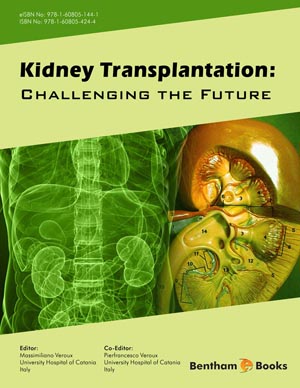Abstract
Improved immunosuppressive therapies for organ transplantation have reduced the incidence of allograft rejection while increasing susceptibility to opportunistic infections and virally mediated malignancies. Renal transplant recipients are susceptible to a broad range of infectious pathogens and infections often progress rapidly. Improved microbiologic diagnostic tools are used in the routine management of common infections and have allowed the definition of new clinical syndromes and of donor-derived infections. However, invasive diagnostic procedures are often required for accurate and timely diagnosis and are justified by the high morbidity and mortality of infection in this population. Early and specific microbiologic diagnosis is essential for guiding treatment and minimizing nonessential drug therapy.
Keywords: Kidney Transplantation, Infection, CMV, Donor-Derived Infection, EBV, Prophylaxis, Bacterial Infection, Viral Infection, Immunosuppression, Screening.






















